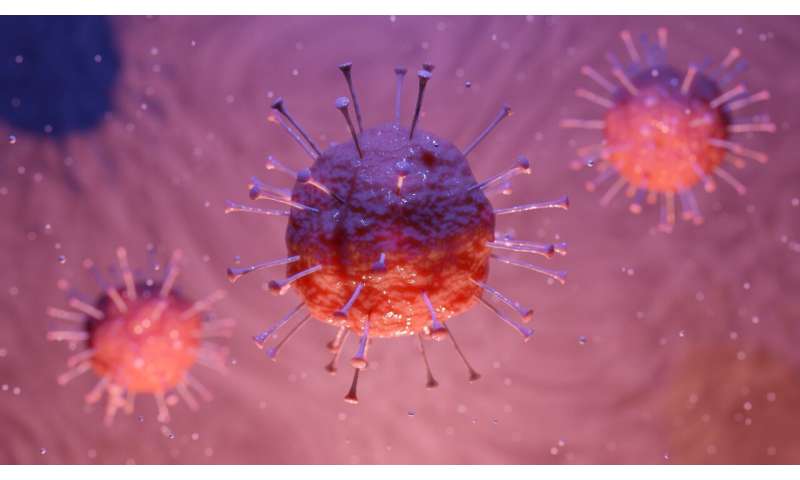

DEAR MAYO CLINIC: Why is COVID-19 so harmful to the lungs? Are smokers more at risk of the virus causing damage? As a smoker, should I be taking more precautions than the average person?
ANSWER: COVID-19 can significantly affect the lungs. People whose lung health is affected by factors such as lung disease or smoking tend to be at higher risk for more severe symptoms from COVID-19. You can reduce your risk of getting COVID-19 by practicing infection prevention techniques and carefully following other guidelines for slowing the spread of the illness.
COVID-19 is primarily a respiratory illness that is caused by a virus. It can trigger symptoms such as fever, cough, shortness of breath and difficulty breathing. Symptoms range widely, from very mild to severe. For those whose symptoms are more severe, the illness often leads to pneumonia—an infection that inflames the air sacs in the lungs. Pneumonia may require hospitalization and use of a breathing machine, or ventilator. In some cases, breathing difficulty coupled with pneumonia makes COVID-19 life-threatening.
Poor lung health appears to play a role in deaths related to COVID-19. Although smoking isn’t the only factor that influences lung health, it does have a considerable effect. Researchers believe that smoking makes people more susceptible to the infection that causes COVID-19 and its complications because smoking damages the body’s natural defenses against some bacteria and viruses.
Data from China show the fatality rate from COVID-19 in that country overall stands at slightly above 2%. For people who had lung disease prior to the infection, that rate is much higher at 6%. Other underlying medical conditions make a difference, too. For people with cardiovascular disease who developed COVID-19 in China, the fatality rate was more than 10%. For those with diabetes, it was 7%, and in people who had high blood pressure, 6%. In addition, the older people were, the higher their risk of severe illness.
So the fact that you’re a smoker increases your risk of developing more severe symptoms if you contract COVID-19. But other factors also play a role in that risk, including your age and any underlying health concerns.
Whether you smoke or not, there are concrete steps that you can take to protect yourself from the virus. Always cough or sneeze into a disposable tissue or the crook of your arm, and then wash your hands. Don’t touch your face until you’ve washed your hands thoroughly for at least 20 seconds. Wash your hands frequently. If you don’t have soap and water, use a hand sanitizer that’s at least 60% alcohol. Stay home if you’re sick, and insist that others in your household do the same. Reduce face-to-face interaction with anyone who might be ill. Disinfect common surfaces regularly.
It’s also important to get your annual flu vaccine and check whether you have received pneumococcal vaccine. Because COVID-19 and influenza have similar symptoms, it can be difficult to differentiate between the two. When you get a flu vaccine, you greatly decrease your risk of being infected with the flu. If you develop COVID-19 symptoms, that makes it easier for your care team to determine the source of those symptoms.
Finally, follow the guidelines in your area for social distancing—putting space between yourself and others to reduce the spread of illness—such as avoiding large gatherings and keeping contact with others in public spaces to a minimum.
Preventing COVID-19 is crucial because no antiviral medications or vaccines are available for this illness at this time. Instead, treatment focuses on controlling symptoms. Any claims that a medication, herbal supplement or other substance can effectively treat or cure COVID-19 are bogus.
Source: Read Full Article